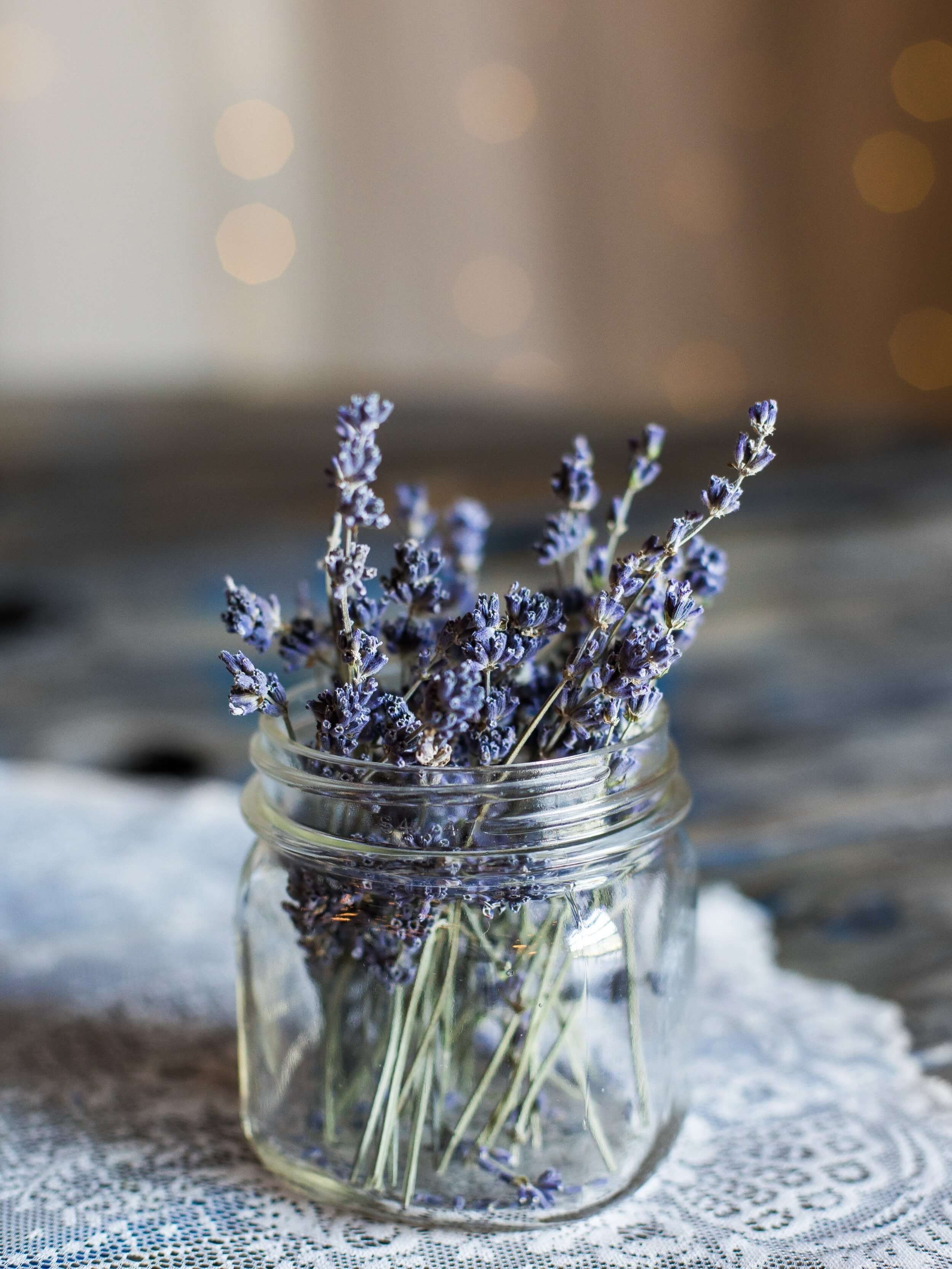A Holistic & Natural Approach to The Menopause
Understanding why you are experiencing the menopause, looking out for possible symptom triggers, and making positive changes to your lifestyle can help to smooth your path through the menopause and ensure good health in the future.
What is menopause?
The Menopause is not a single event but is better described as a process. It is the natural process of transition, governed by the gradual decrease in the function of the ovaries. It entails the failure to produce new eggs and the hormones oestrogen and progesterone. This leads to a loss of regular monthly cycles.
The average age in the UK for those who experience Menopause is 51 years. However, Perimenopause, the phase during which the symptoms begin to arise, often begins as early as 37 years old and can take 7 to 10 years to complete.
The Common Symptoms of Menopause
While some women experience minimal symptoms during perimenopause and menopause, many experience dramatic hormonal changes during this time associated with a wide range of unwanted and often debilitating symptoms.
From hot flashes and aching joint pains, to loss of libido and many more including:
Headaches
Brain fog
Dizziness
Night sweats
Anxiety
Poor sleep
A lot of the information concerning the Menopause often leads to the question in regards to taking Hormone Replacement Therapy (HRT) or not.
What Is The Most Effective Treatment For The Menopause?
The key to treating the Menopause is to approach each case individually, carefully and with caution. HRT can help and it is sometimes the right choice for many women, but it is certainly not the only answer. There are many natural ways to help manage menopausal symptoms, and a lot of it comes down to simple lifestyle changes.
How To Adopt a Holistic & Natural Approach to The Menopause
Fortunately, there are many natural remedies and lifestyle changes that can make the menopause much more managable. The key factors of a natural approach to consider are:
Lifestyle modifications
Herbal remedies
Aromatherapy
Mental wellness practices
Nutrition
Exercise
Below, I will explore a little more on this for a few of the common menopausal symptoms.
A Natural Approach To Hot Flashes and Night Sweats
A well-balanced, low-fat vegetarian diet is strongly recommended for women who are experiencing hot flashes. It is also advised to avoid or reduce alcohol and caffience in take. In addition to this, regular aerobic exercise has been found to help, such as walking and swimming. Yoga is also highly recommended for those who suffer with hot flashes, or other mental wellness and mindfulness practices such as meditation.
When it comes to aromatherapy, sage is an excellent remedy for hot flashes. A small clinical trial indicated a 66% reduction in symptoms for menopausal women. When using herbal products, do be sure they are authentic and from a reputable source.
A Natural Approach To Mood Swings and Anxiety
The hormonal shifts during menopause can hugely affect moods. Many women during menopause may feel uncharacteristically low, irritibal, and anxious. It helps to remember the psychological effects of menopause are temporary and certainyl don’t have to define you as a person. When it comes to naturally boosting your mental health during the menopausal period (and always), the first step should be to consider nutritional changes. Foods rich in magnesium and potassium are particularly beneficial for anxiety. There are also many mood boosting foods such as fatty fash full of omega-3, fermented foods and dark chocolate.
Regular exercise is also highly recommended to help stabilise hormonal shifts and reduce the psychological symptoms. An ideal habit to adopt would be to combine sunshine, nature, exercise and social connections. Perhaps go for a walk each day with a pet or a friend. Relaxation techniques such as meditation and yoga are also excellent for reducing anxiety and boosting your mood.
Herbal remedies that we tend to recommend for mood swings and anxiety include:
Wild yam
Shatavari
Sage
Chamomile
St John’s Wort
Mexican valerian
Lemon balm
Lavender
A Natural Approach To Brain Fog
Some women find that menopause brings very much unwaned brain fog, with a reduced ability to concentrate and recall information. This is fultifactorial, mostly down to oestrogen and blood sugar dysregulation. It can often be extremely frustration and upsetting, but fortunately there are natural remedies to help.
Again, the first step should be in relation to nutrition. There are many brain-boosting foods such as nuts, turmeric, omega 3 and coconut oil.
The herbal remedies that we recommend include:
Digestive support such as Betaine HCL
Adequate-protein
Ginkgo Biloba
Korean Ginseng
We also highly recommend the practice of forest bathing which not only boosts mood but also helps to clear brain fog. Forest bathing involves simply going out into nature and being completely present, using all five senses. Many forest bathers tend to do so with bare feet for the full grounding effect, and turning off or leaving your phone is highly advised.
How We Treat Menopause
Here at the Lantern Clinic, we assess your health functionally and holistically. We aspire to support menopause naturally and we look at it as an investment in your future health too. We adopt a functional medicine approach to help to restore your health, vitality, and resilience for the long term.
If you are looking to treat your menopause holistically and naturally, book a free discovery call with us to find out how we can help you.
If you’d like to read more about women’s health head here.
Would you like to find out more about the Lantern Clinic? You can book a FREE discovery call with Dr Margarita below.




